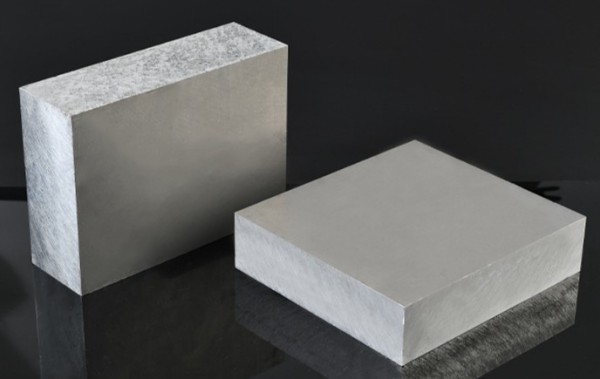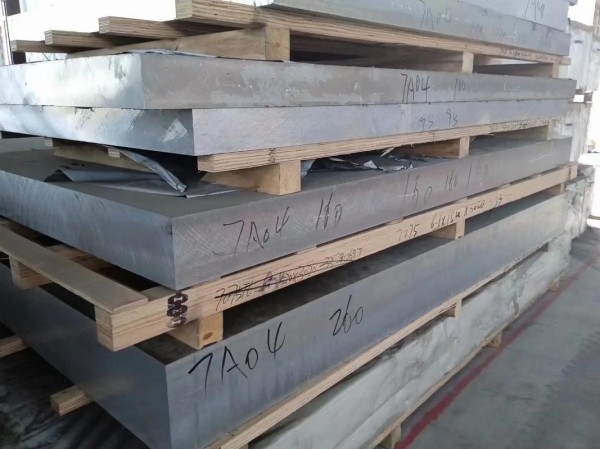Choosing the best aluminum for machining is essential for achieving high-quality, precise CNC components. With numerous aluminum alloys available, understanding their unique properties helps ensure the right material selection, enhancing performance, durability, and cost-efficiency. In this guide, we’ll explore the top aluminum alloys for machining, their advantages, and how to select the best one for your specific needs.
CNC machining with aluminum is widely popular due to its excellent machinability, strength-to-weight ratio and corrosion resistance properties. Furthermore, aluminum conducts heat efficiently - an advantage in aerospace, automotive and electronics applications.

1. 6061 Aluminum
Properties: 6061 is one of the most versatile aluminum alloys. It offers good corrosion resistance, excellent strength, and is easily weldable.
Applications: Ideal for structural components, automotive parts, and consumer electronics.
Machinability Rating: Excellent machinability with a rating of 90%.
2. 7075 Aluminum
Properties: Known for its exceptional strength and toughness, 7075 is commonly used in aerospace applications. However, it is less corrosion-resistant than 6061.
Applications: Best for high-stress parts like aircraft fittings, gears, and shafts.
Machinability Rating: Good machinability, rated around 80%.
Properties: 2024 offers high strength and fatigue resistance but has poor corrosion resistance. It often requires a protective coating.
Applications: Frequently used in aerospace structures and military applications.
Machinability Rating: Good machinability, rated at 70%.
Properties: 5052 is known for its excellent corrosion resistance and moderate strength, making it suitable for marine applications.
Applications: Commonly used in fuel tanks, pressure vessels, and marine hardware.
Machinability Rating: Fair machinability, rated around 50%.

Factors to Consider When Choosing Aluminum for Machining
1. Application Requirements:
To select aluminum for machining effectively, first consider what your application requirements are. Different alloys excel at different tasks - for high strength applications 7075 is ideal while 5052 offers excellent corrosion resistance properties.
2. Machining Complexity: for more complex parts, alloys with higher machinability ratings such as 6061 may offer superior machining performance.
3. Cost Efficiency: With budget constraints always coming into play, 6061 offers excellent cost efficiency for general-purpose machining applications.
When selecting tools for aluminum machining, carbide tools offer increased performance and longer tool life. For cutting speed optimization and proper cooling needs. Cutting Speed can improve efficiency but requires proper cooling systems in place before starting work on higher cutting speeds. And for proper lubrication - regular application of oil to prevent chip buildup while improving surface finish finish is necessary for successful aluminum machining operations.
Selecting the optimal aluminum alloy for machining depends upon an understanding of your application requirements. 6061, 7075, 2024 and 5052 all provide their own specific advantages - there's bound to be one perfect for every project! At Shenzhen Yixin Precision we leverage this expertise in producing top-grade CNC machined aluminum components ensuring durability and precision for industrial needs.